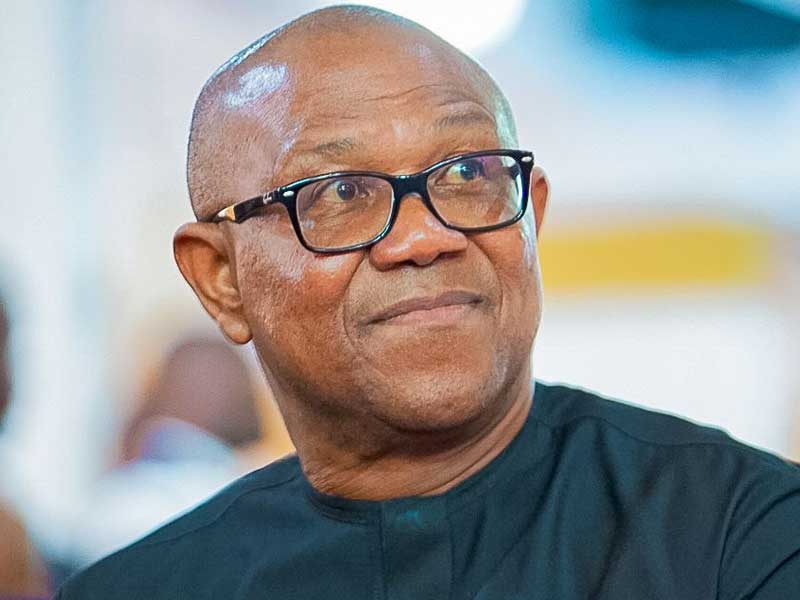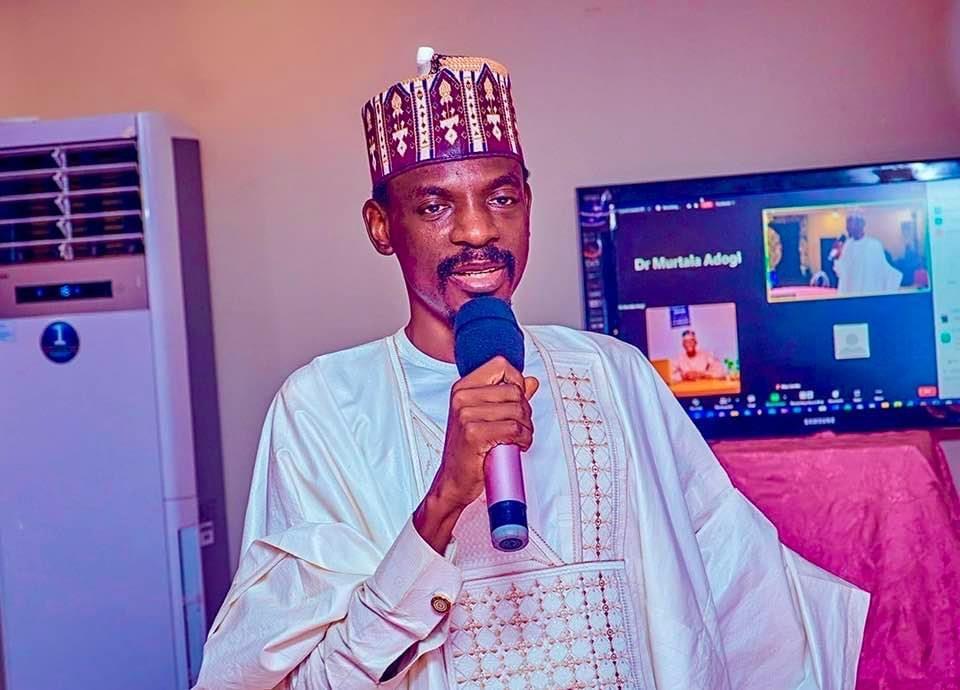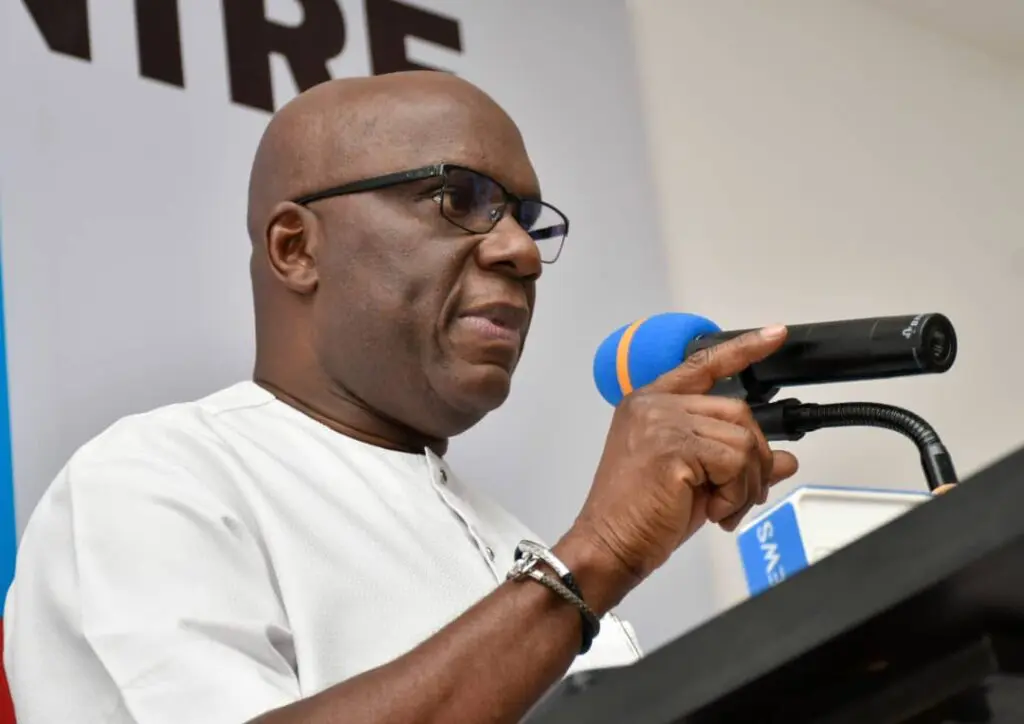Now Reading: Nation on Edge as Wave of Deadly Terror Attacks Forces Nigerians to Abandon Public Gatherings
-
01
Nation on Edge as Wave of Deadly Terror Attacks Forces Nigerians to Abandon Public Gatherings
Nation on Edge as Wave of Deadly Terror Attacks Forces Nigerians to Abandon Public Gatherings

Nigeria is reeling from a brutal week of violence that has left communities traumatised, security agencies stretched thin, and citizens increasingly afraid to leave their homes. A surge of coordinated attacks across several states has resulted in mass abductions, multiple killings and growing anxiety over the country’s worsening security crisis.
Nearly 200 people have been kidnapped in the past seven days in Zamfara, Kebbi, Niger, Kwara, Kaduna and Borno, according to figures compiled from recent incidents. Dozens more have been killed, including security personnel, clergy and civilians caught in the crossfire.
The chain of attacks began on 15 November when gunmen stormed Fegin Baza village in Zamfara’s Tsafe Local Government Area, killing at least three residents and abducting over 60. Within a day, another community in the same state — Tsohuwar Tasha in Maru LGA — was raided, resulting in the kidnapping of 14 people, most of them women and children.
But the violence escalated sharply on 17 November when armed men invaded Government Girls Comprehensive Secondary School in Maga, Kebbi State. They opened fire before abducting 25 schoolgirls. Hassan Makuku, the school’s vice principal, was killed while trying to protect the students.
That same day, terror groups attacked Kushe Gugbu in Kaduna’s Kagarko LGA, abducting a Catholic priest, Rev Fr Bobbo Paschal, and several residents. The brother of another priest, Rev Fr Anthony Yero, was shot dead during the assault.
Just 24 hours later, worshippers in Eruku, Kwara State were attacked during a church service at Christ Apostolic Church. Three people were killed and at least 30 — including elderly residents and children — were taken away by the assailants.
In Borno, four vigilantes were killed and four soldiers declared missing after terrorists struck a military base in Mayenti, Bama LGA. The attack came shortly after ISWAP released footage showing the execution of Brigadier-General Samaila Uba.
On Wednesday, yet another ambush targeted troops headed to rescue the abducted Kebbi schoolgirls, leaving several soldiers wounded. The incident occurred barely a day after the Chief of Army Staff, Lt Gen Waidi Shaibu, ordered troops to “go all out” against the perpetrators.
Across the country, residents are increasingly avoiding public gatherings. Churches, markets and community events have witnessed declining attendance as Nigerians brace for further attacks.
Pastor Taiwo Olalekan of the Redeemed Christian Church of God (RCCG) in Abuja told DAILY POST the atmosphere has shifted dramatically.
“People are scared. You can’t watch what happened in Kwara and feel confident that any place is safe,” he said. “Even the military is being overpowered. Many worshippers stayed home today, and I understand why.”
He warned that if the government fails to act decisively, Nigerians could revert to widespread remote worship and work — but even home settings no longer feel secure.
President Bola Ahmed Tinubu has suspended planned trips to Johannesburg for the G20 Summit and Luanda for the AU-EU Summit to receive detailed security reports.
His media aide, Bayo Onanuga, said the president has ordered reinforcements to Kwara’s Eruku community and is awaiting briefings from Vice President Kashim Shettima, who visited Kebbi, as well as reports from police and intelligence agencies.
“President Tinubu is disturbed by the security breaches in Kebbi and the attack on worshippers in Kwara,” the statement read.
With nationwide tension rising, many citizens fear the violence may worsen before authorities regain control.




